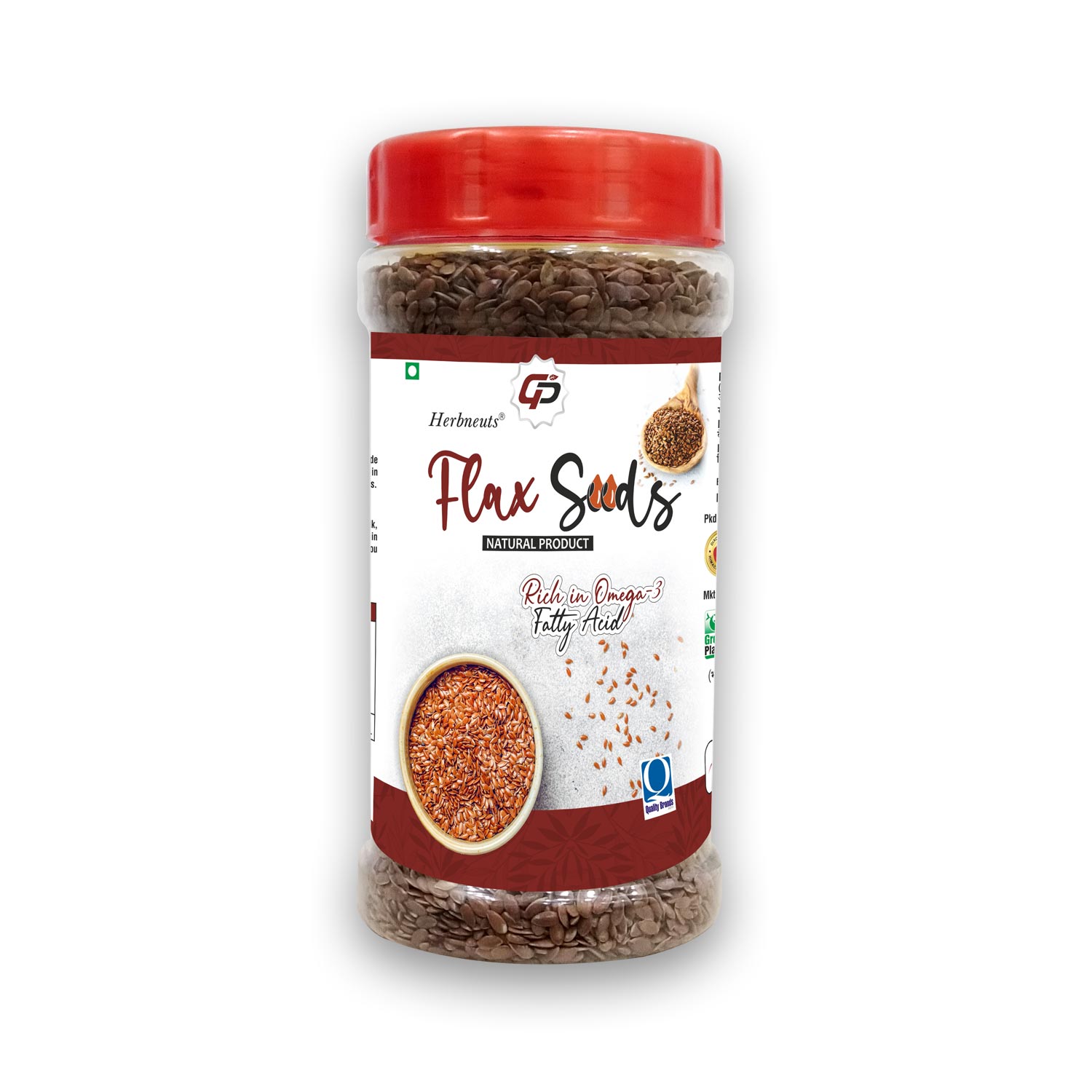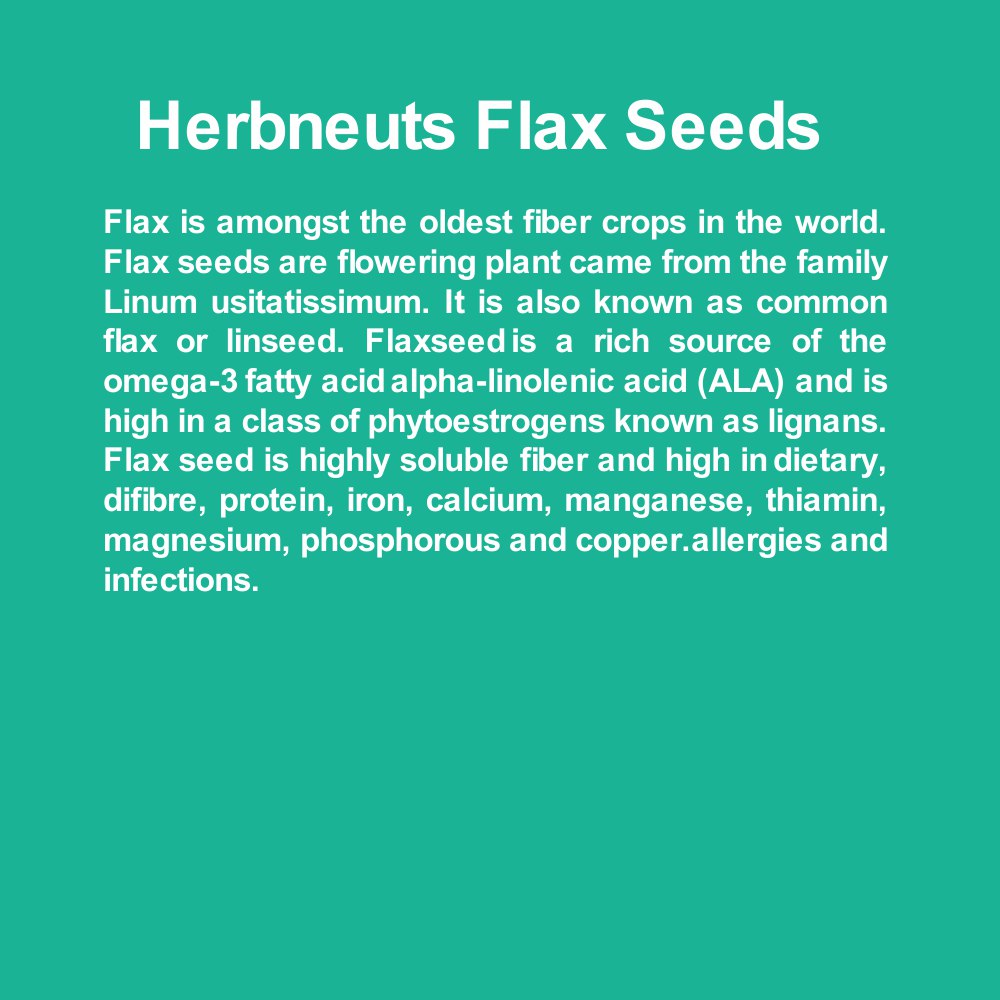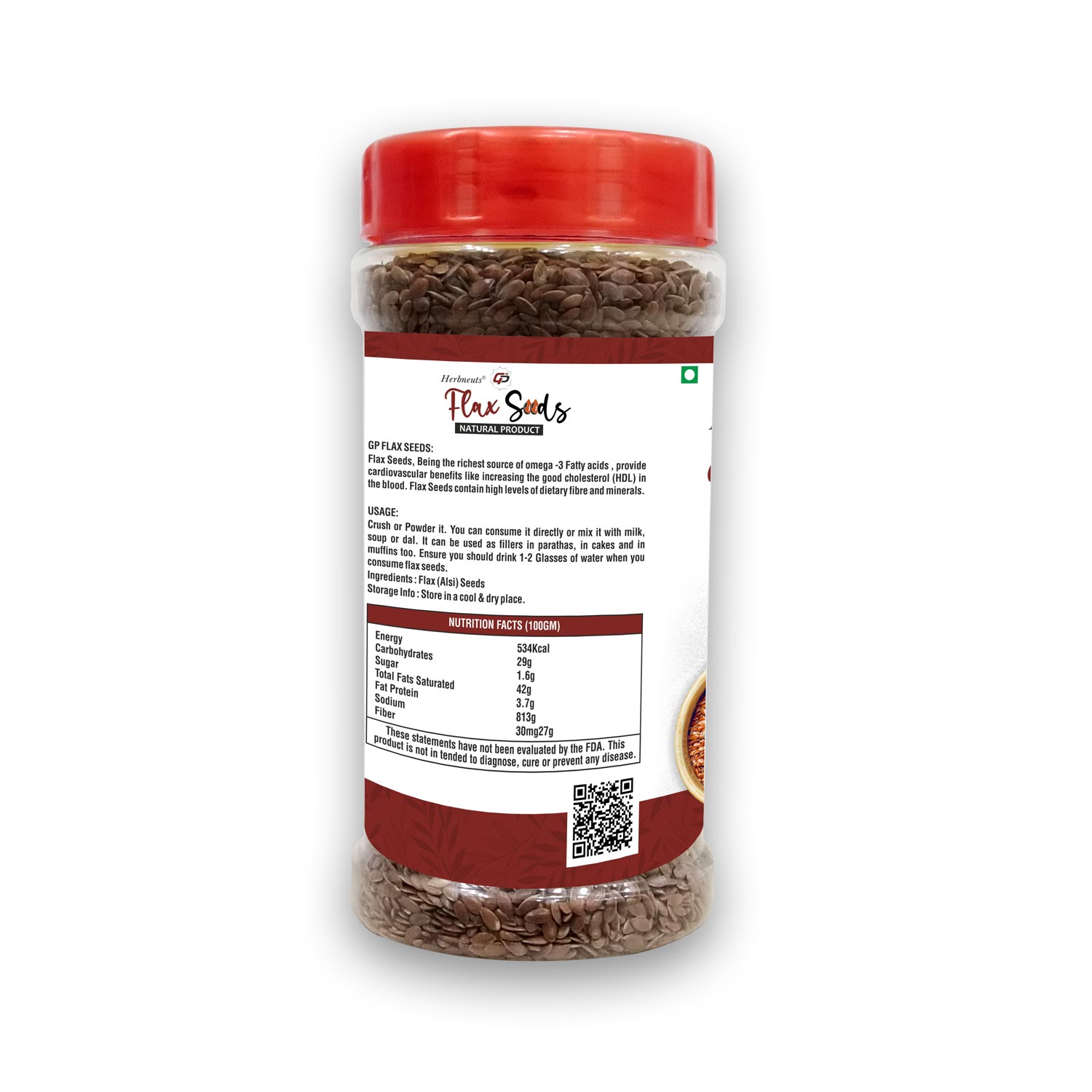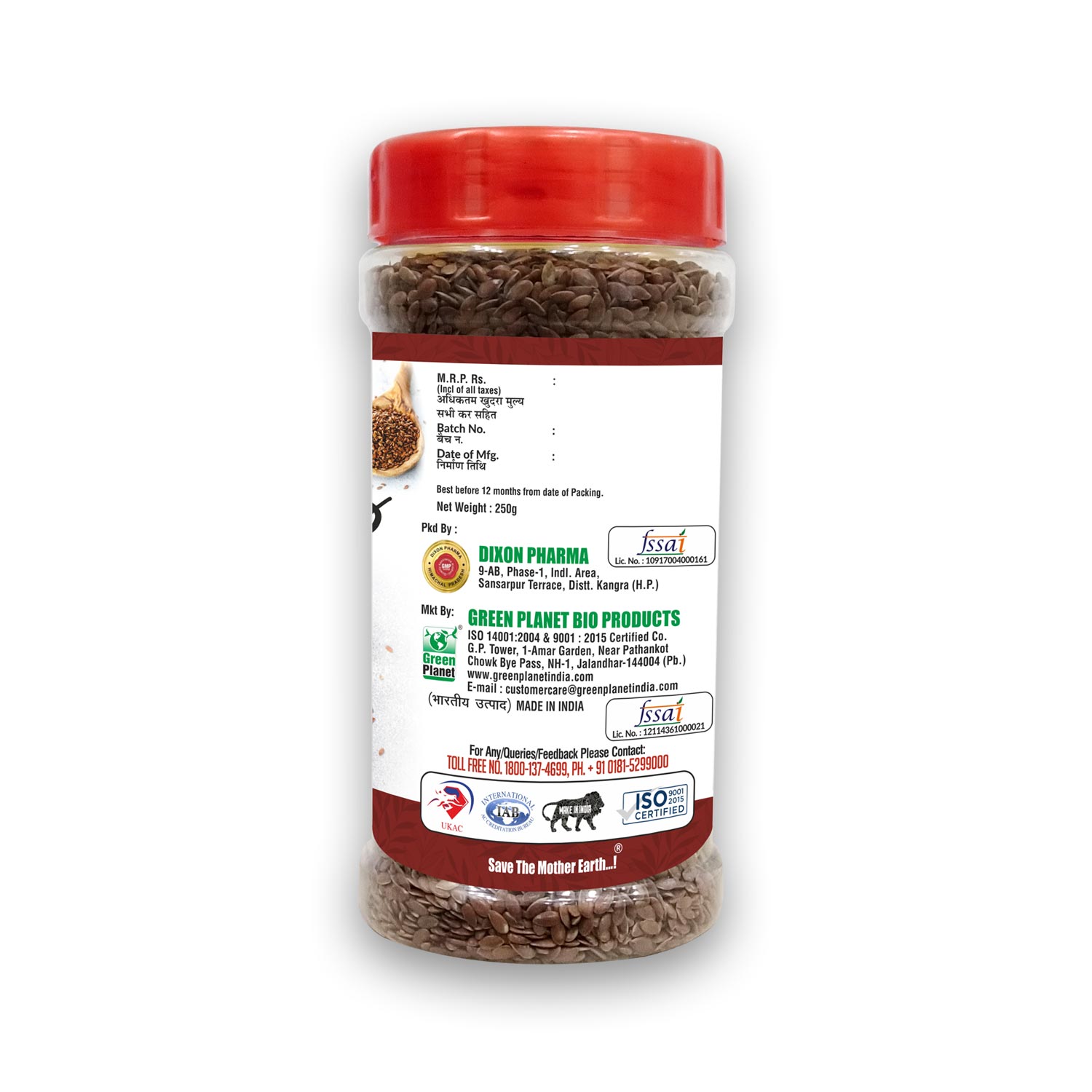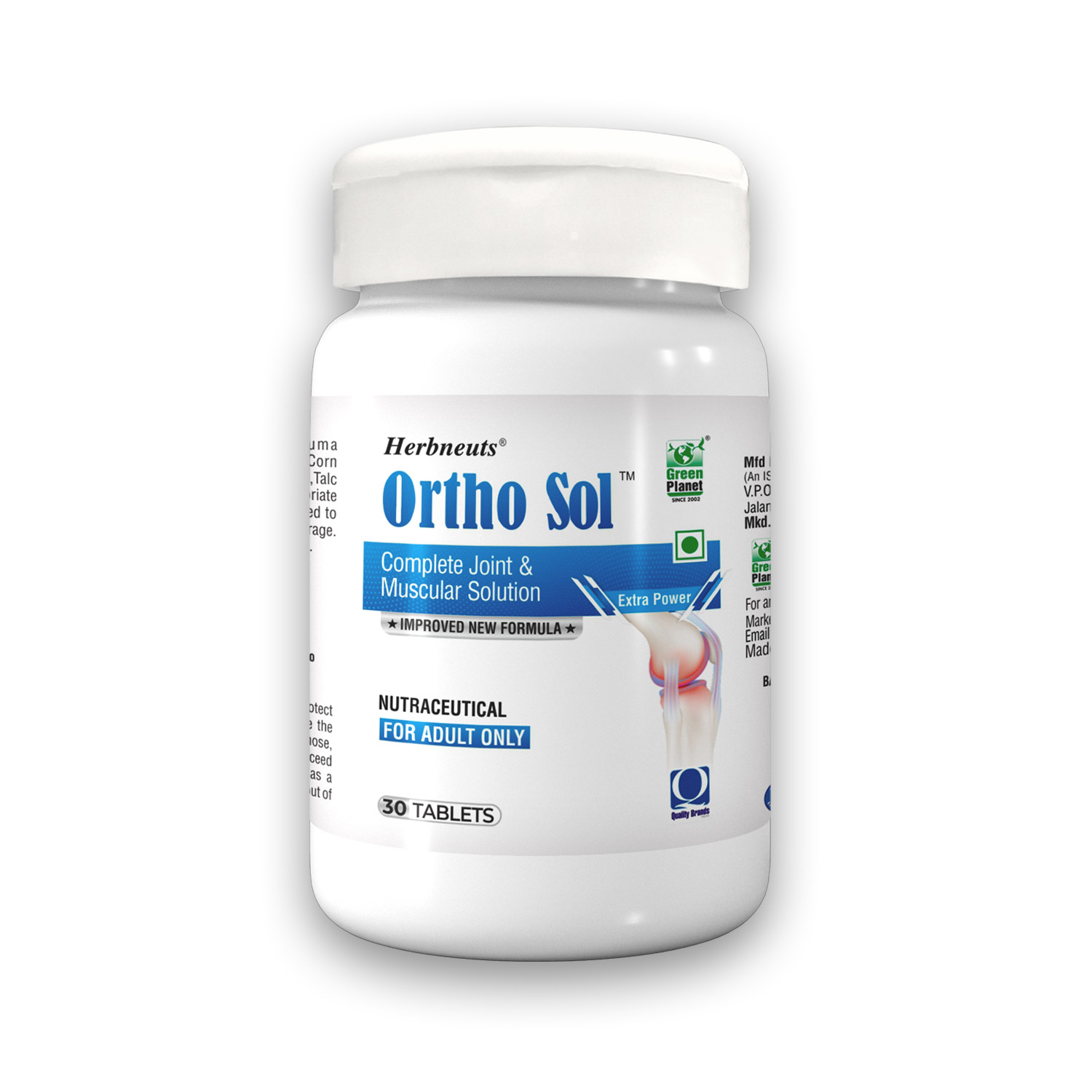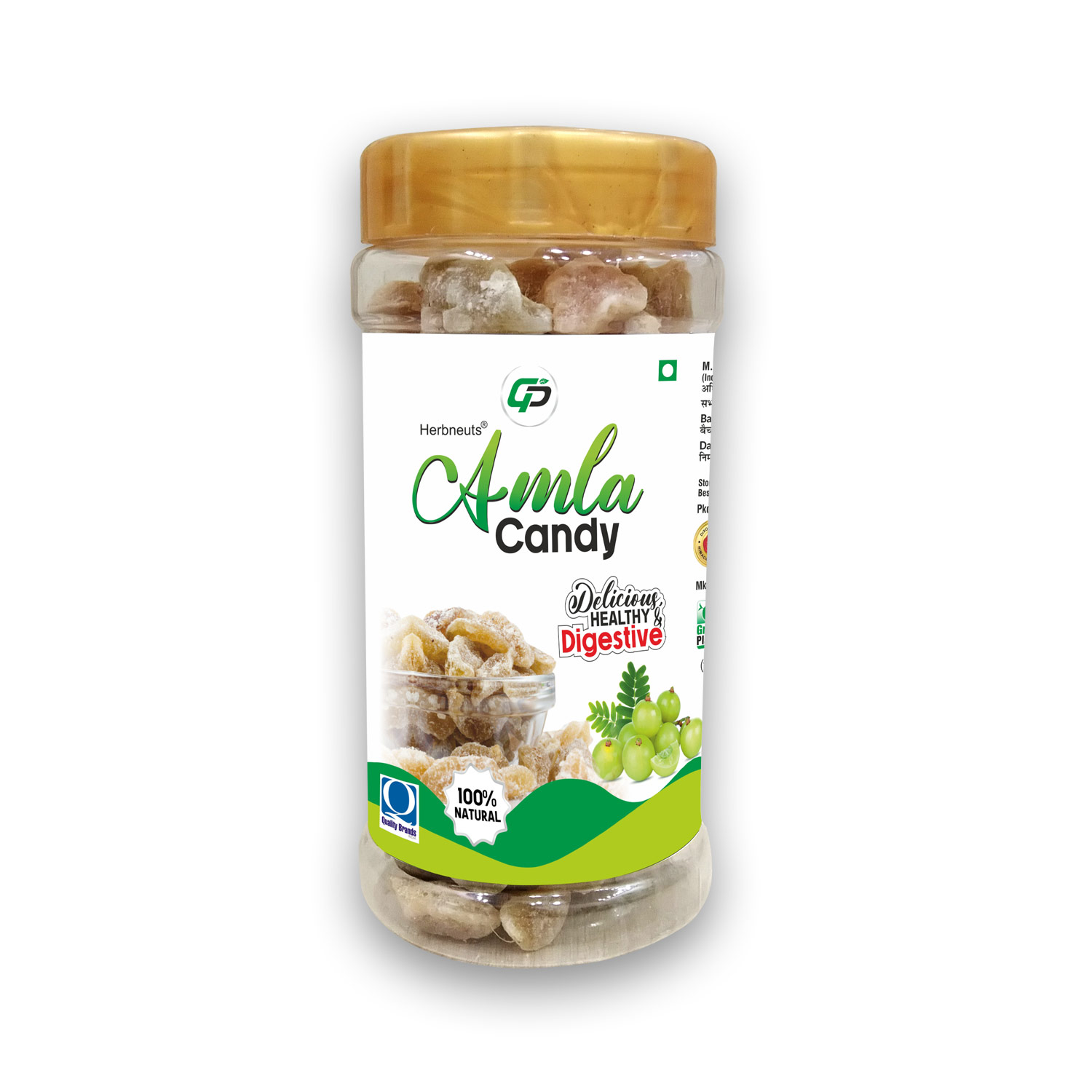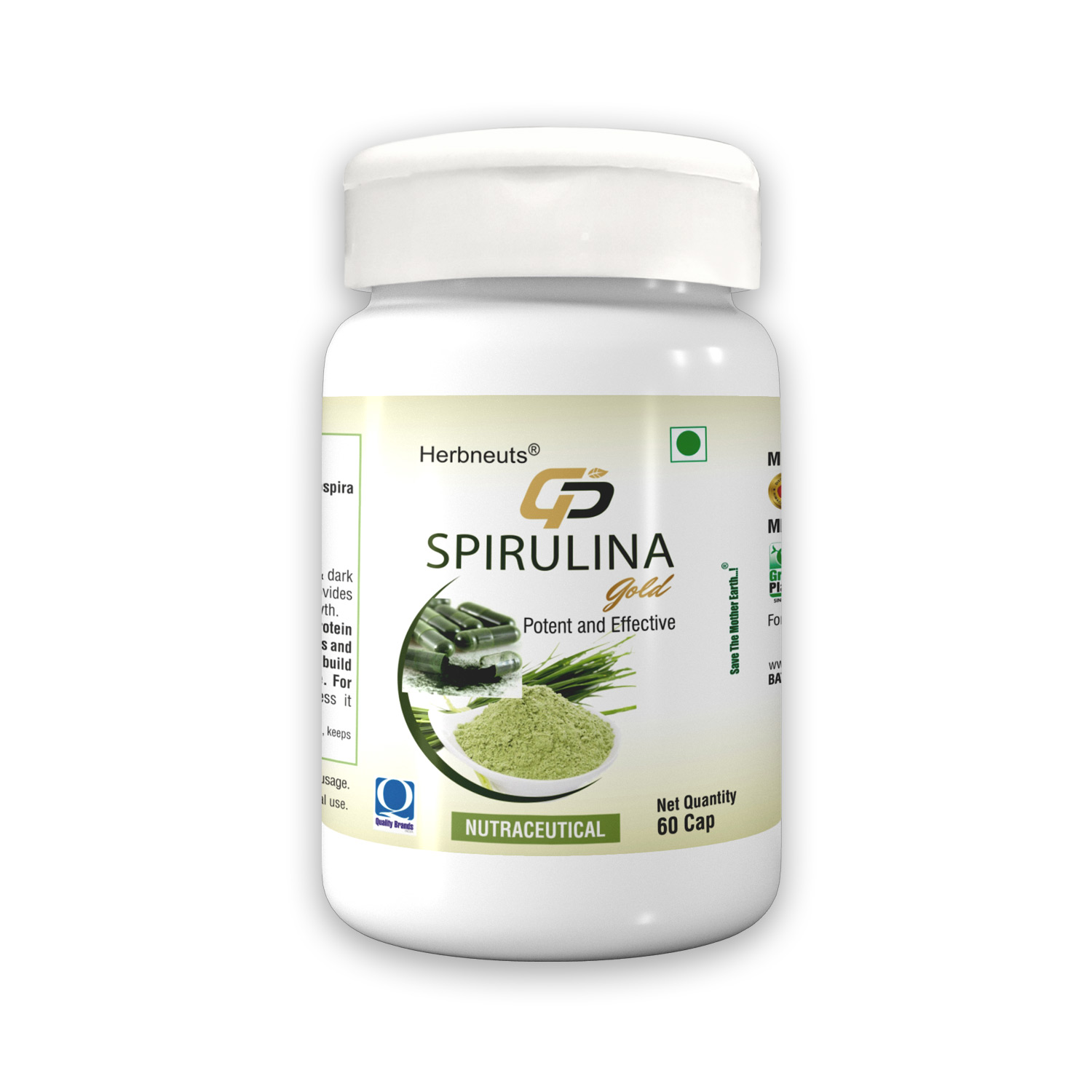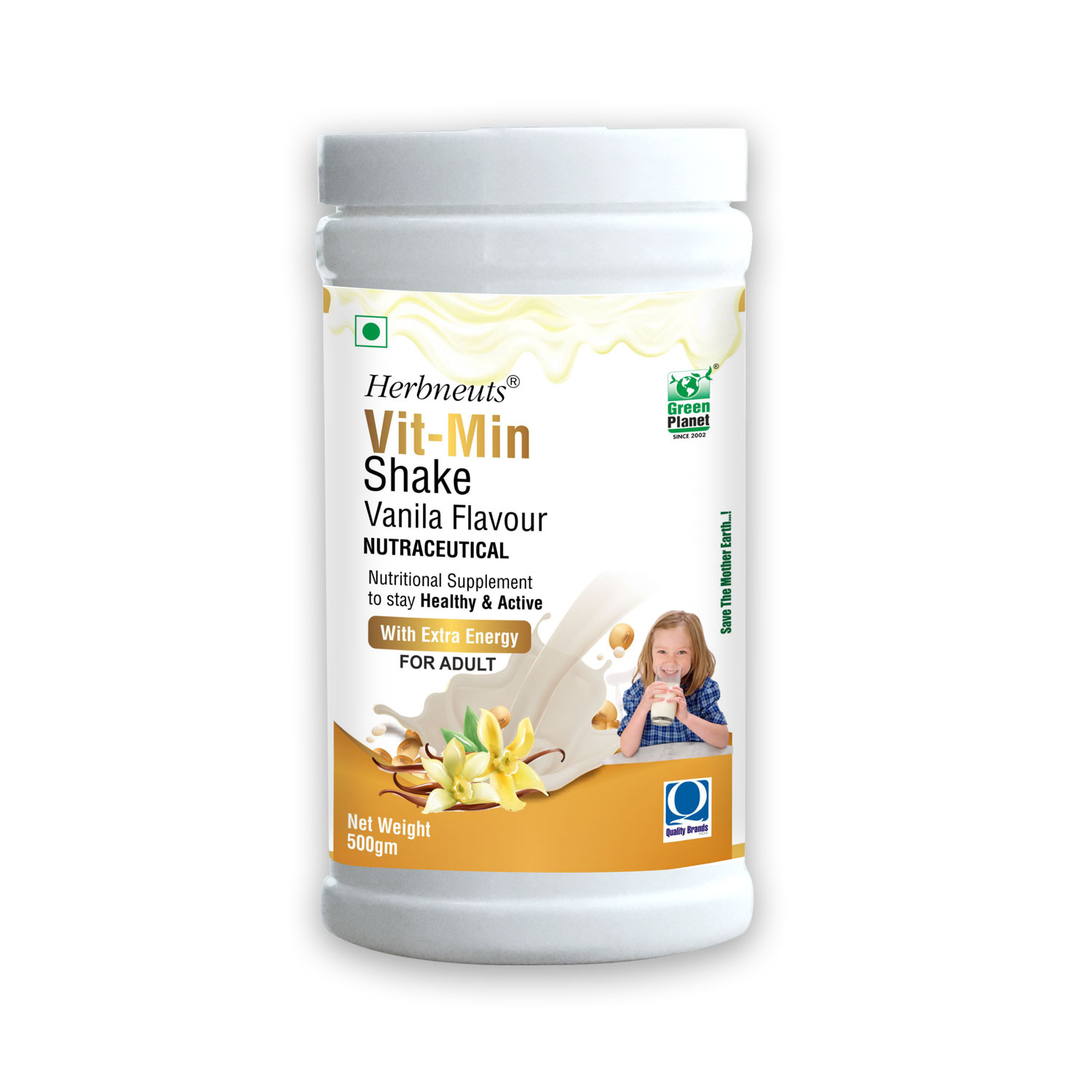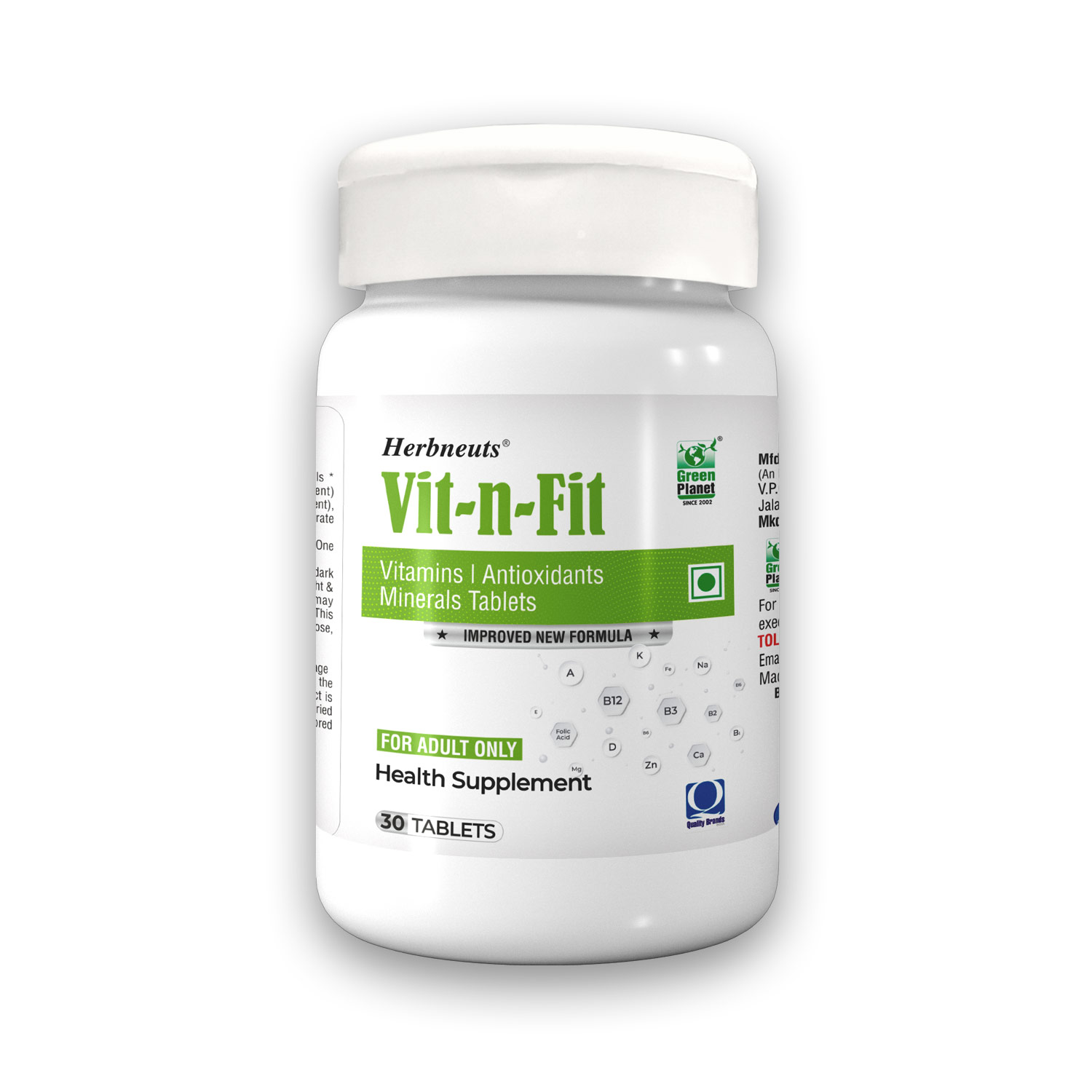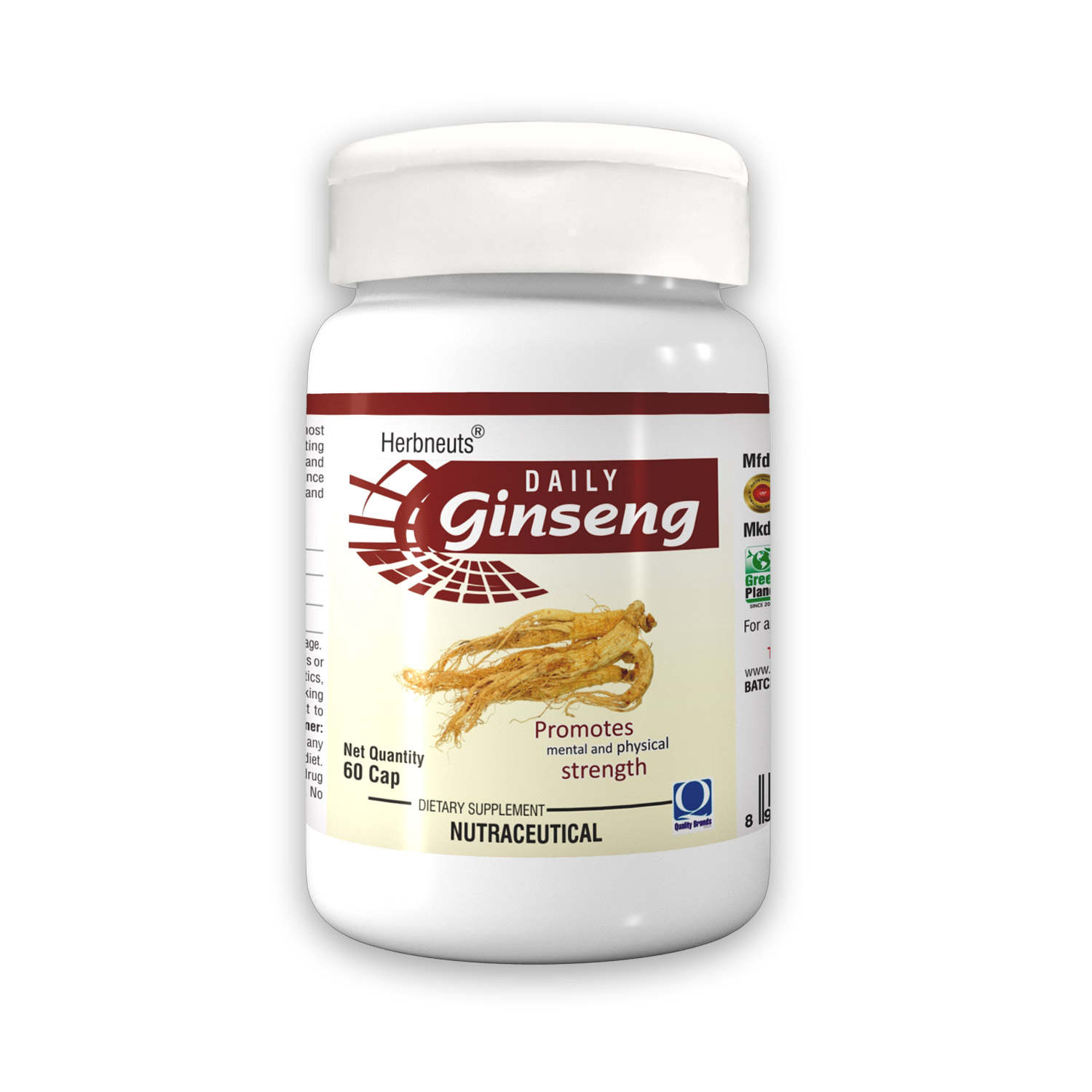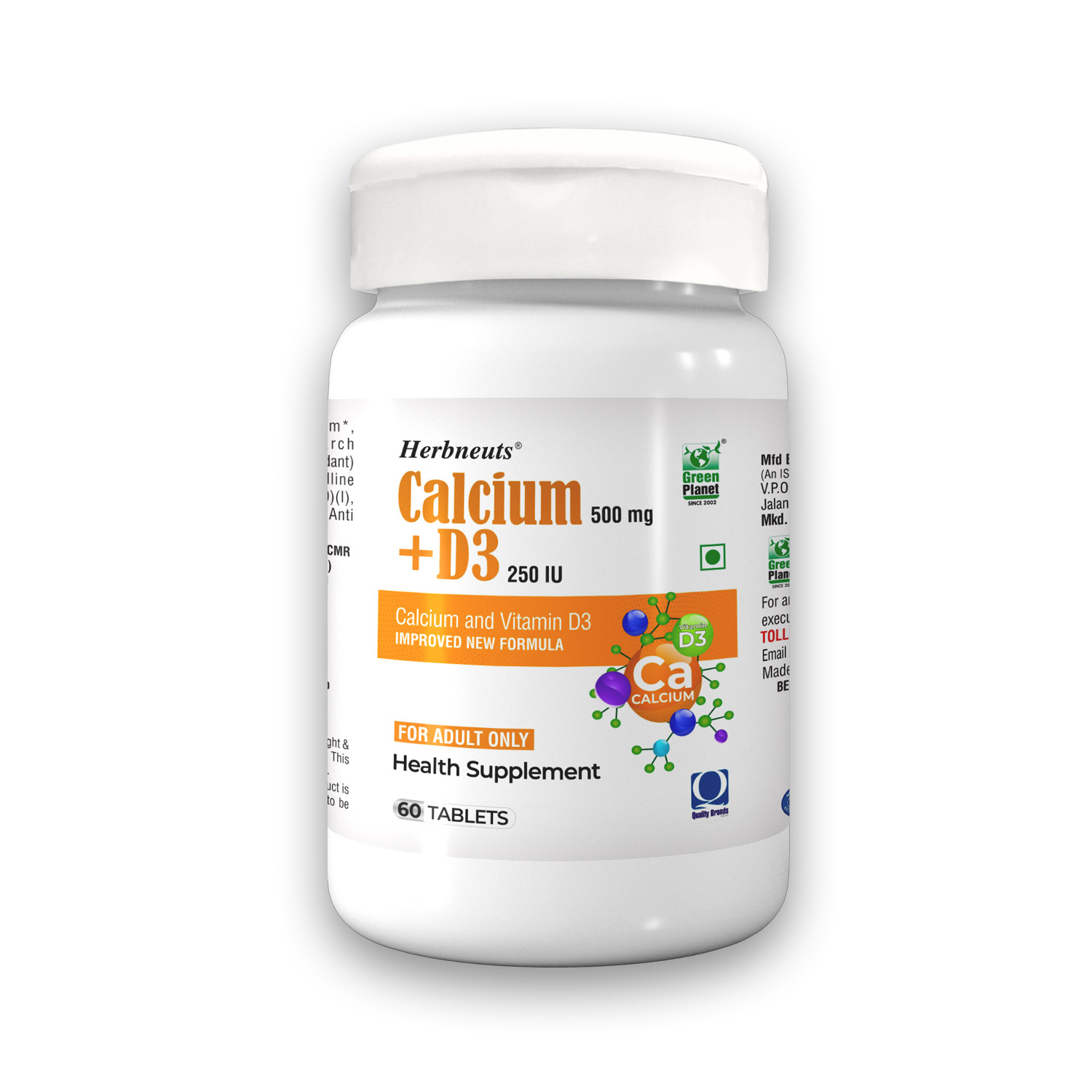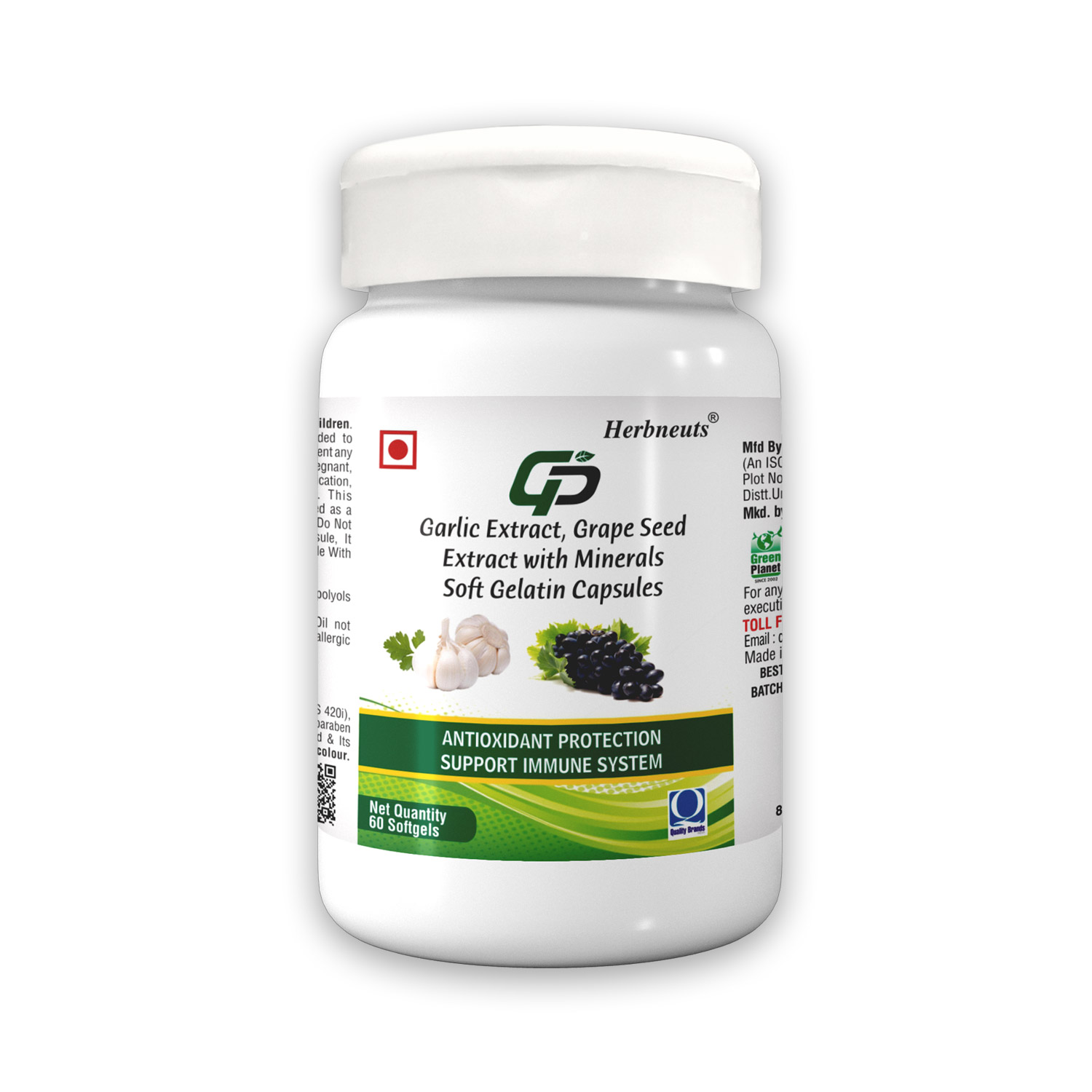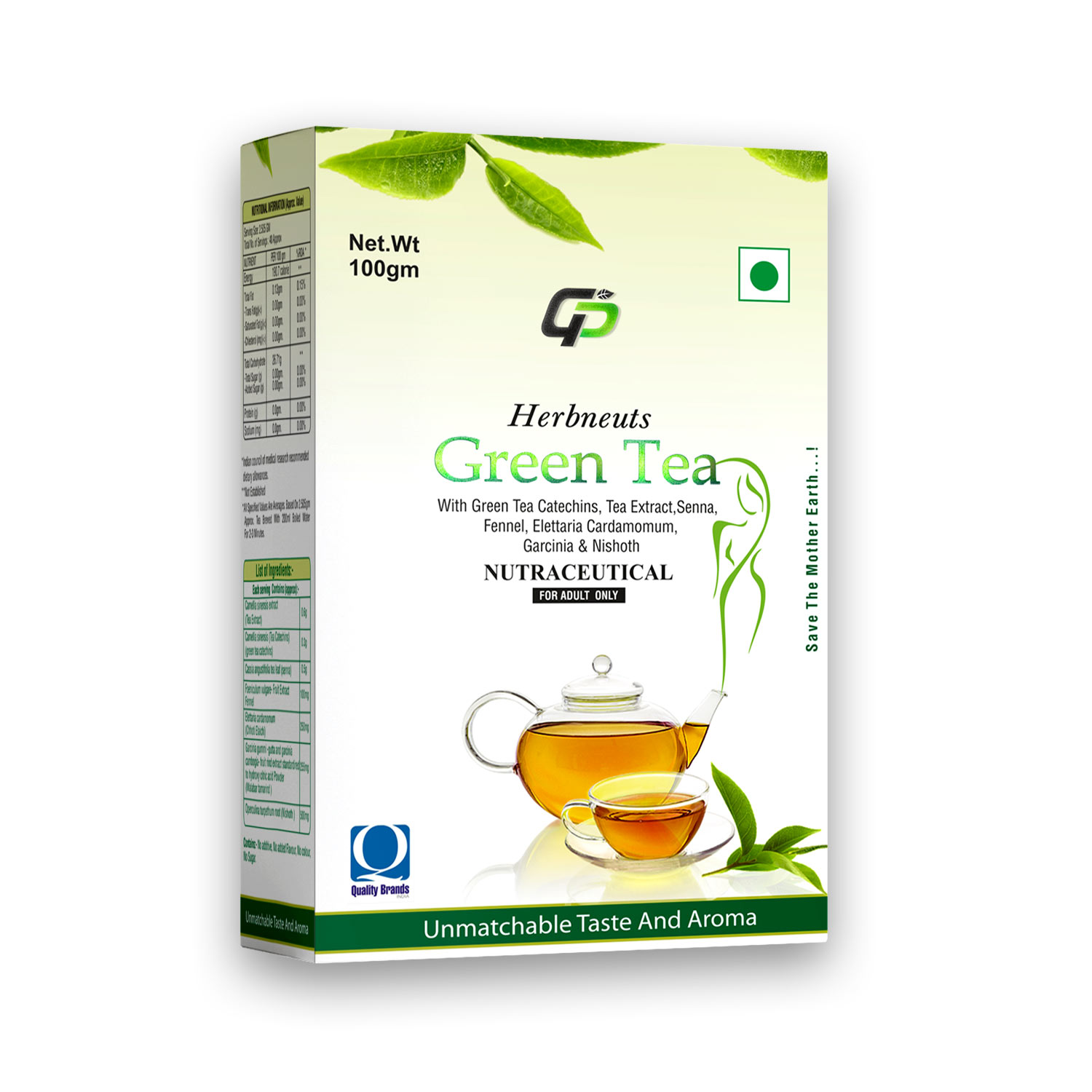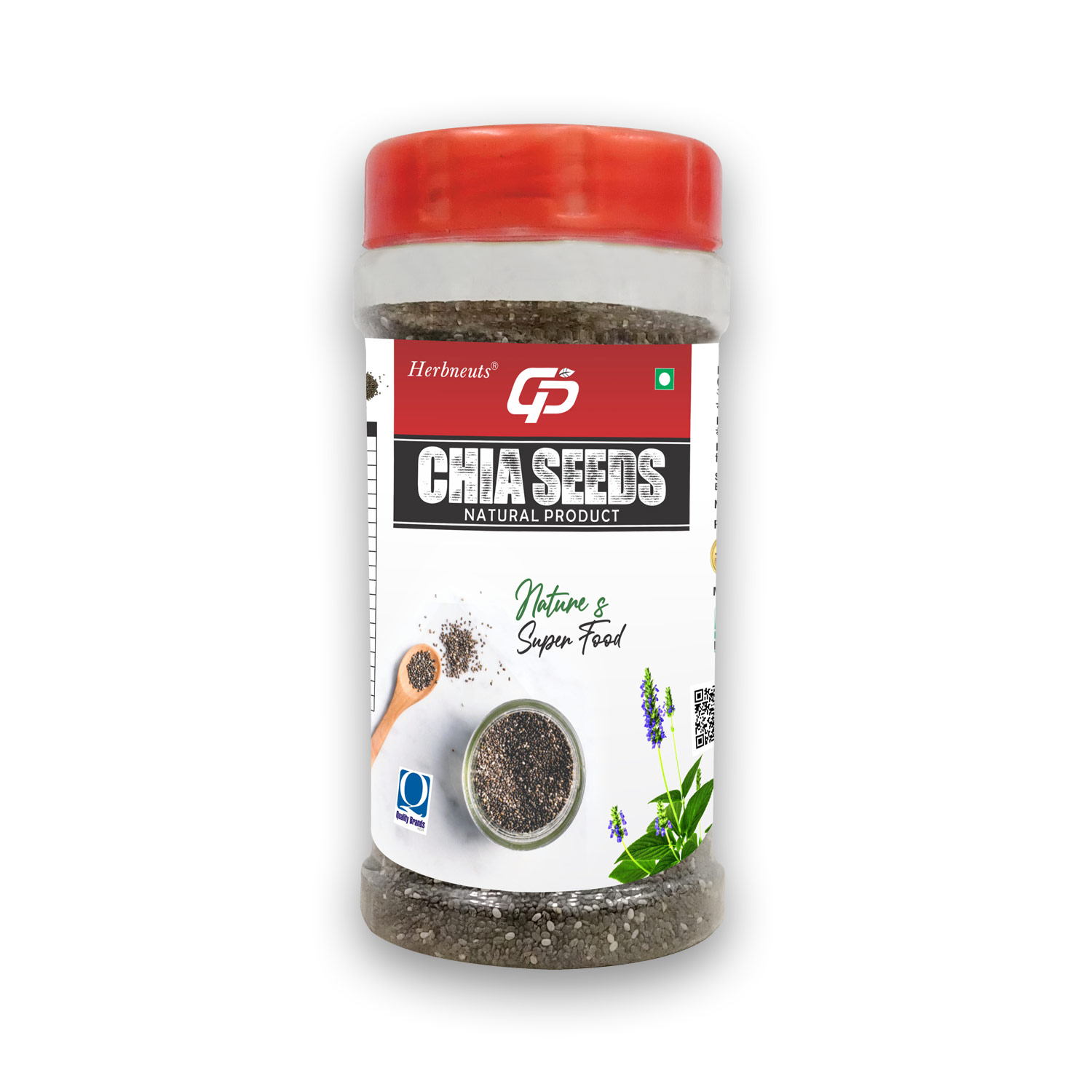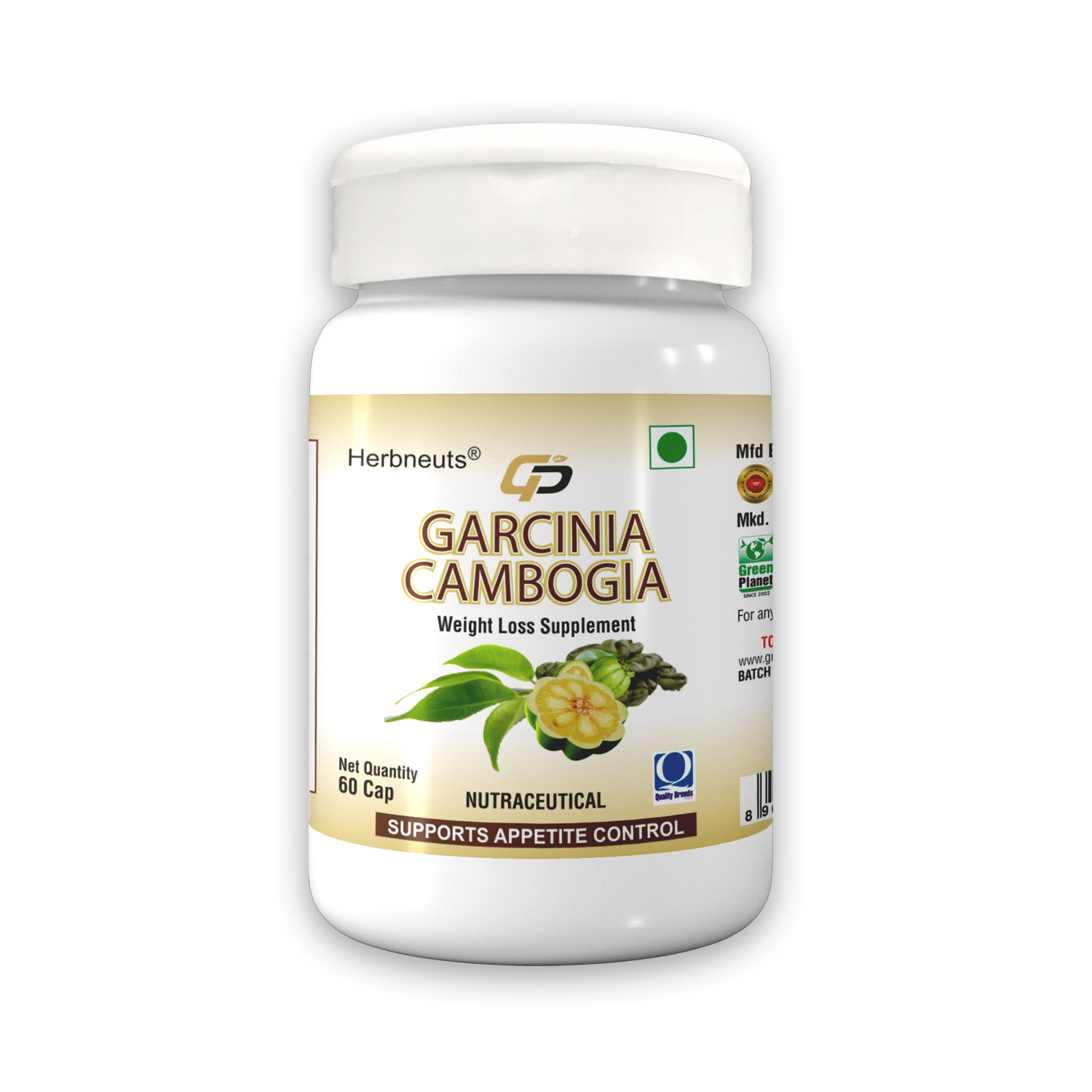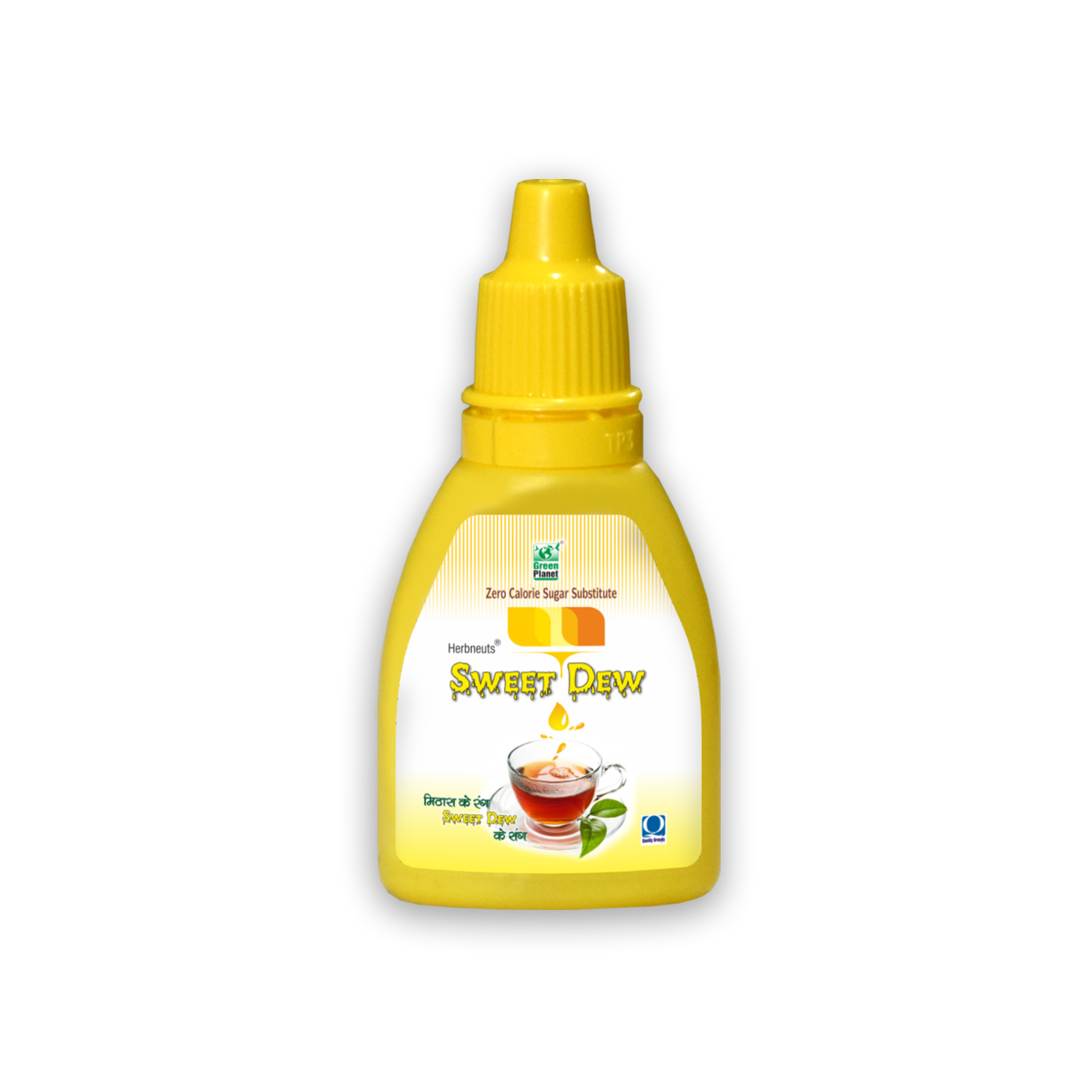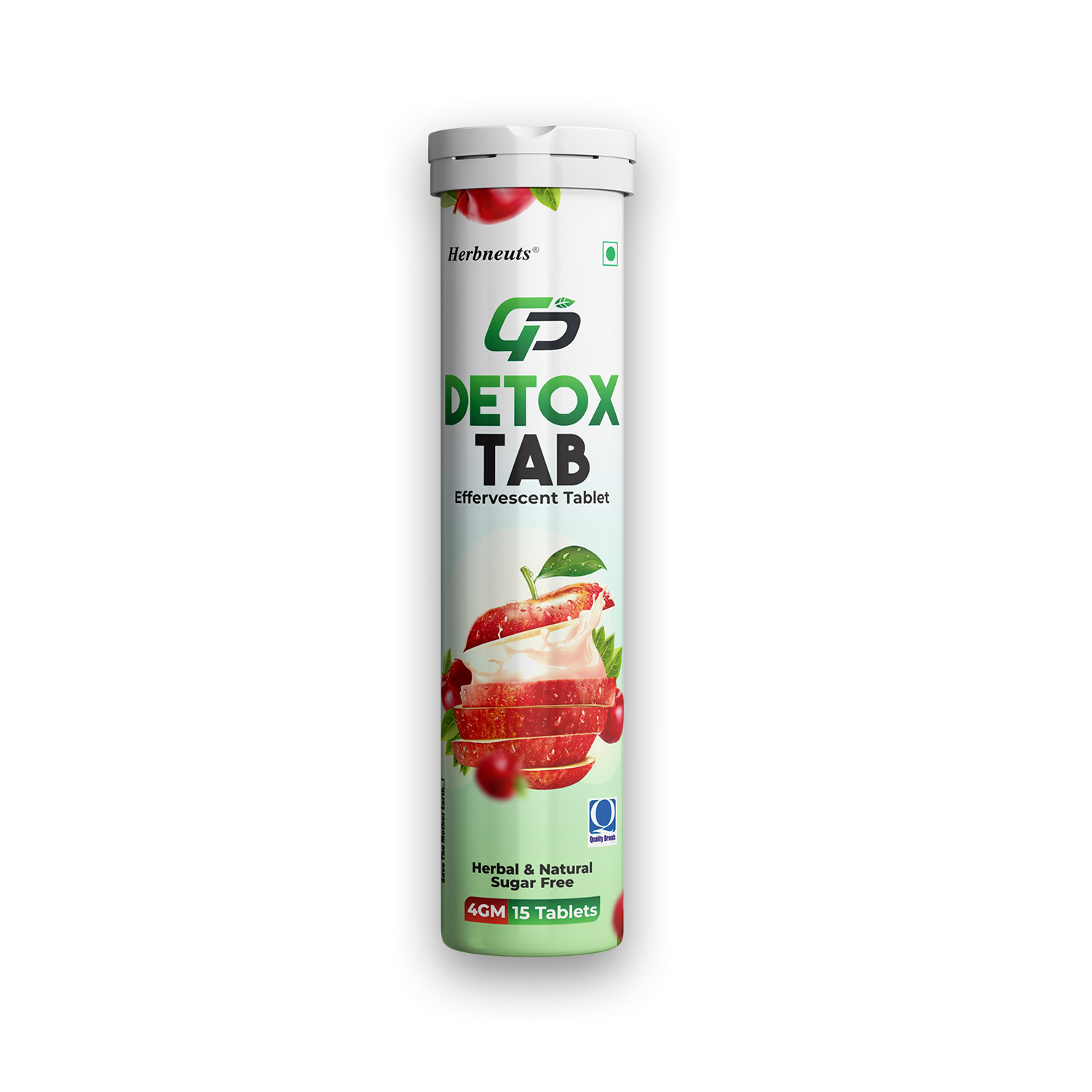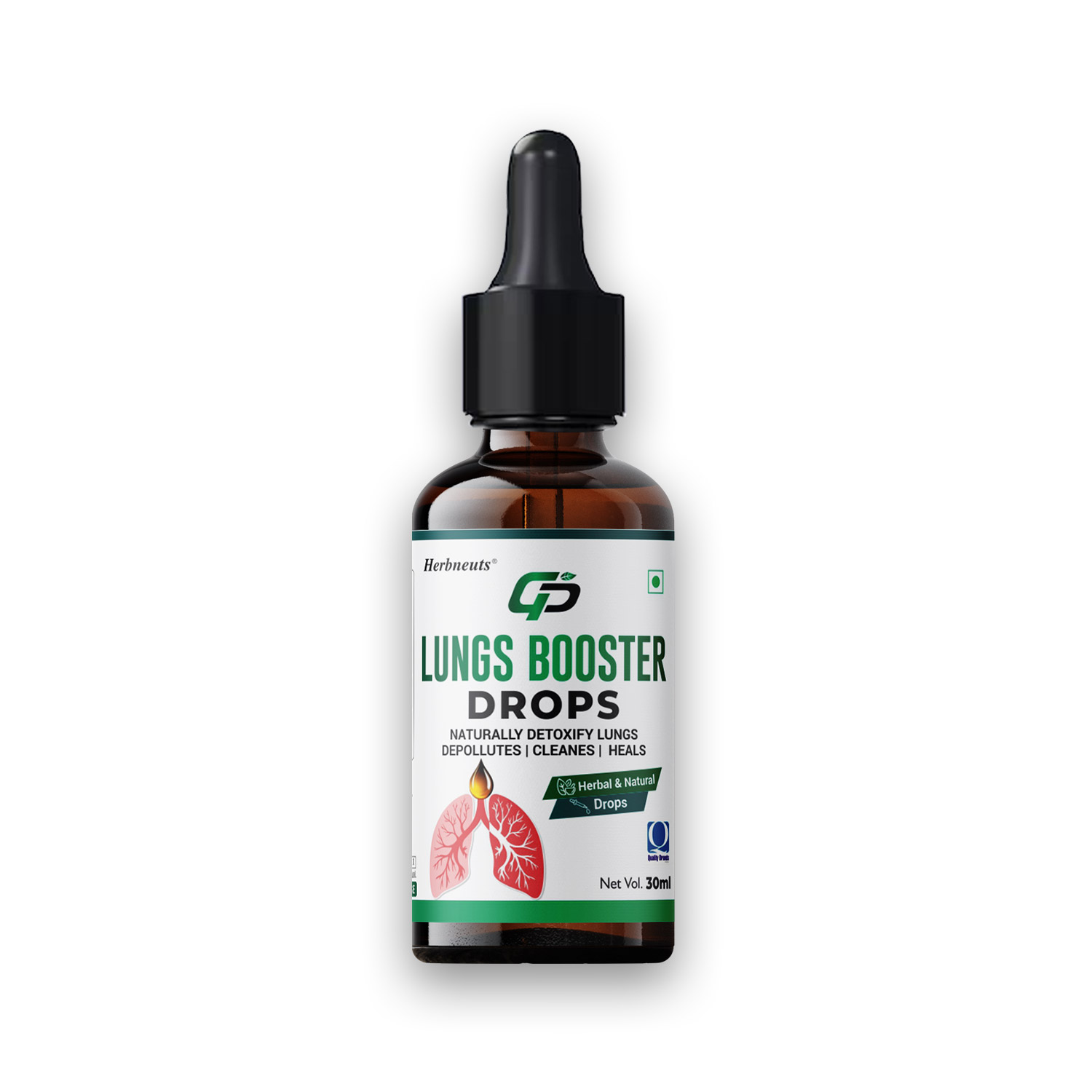Flax is amongst the oldest fiber crops in the world. Flax seeds are flowering plant came from the family Linum usitatissimum. It is also known as common flax or linseed. Flaxseed is a rich source of the omega-3 fatty acid alpha-linolenic acid (ALA) and is high in a class of phytoestrogens known as lignans. Flax seed is highly soluble fiber and high in dietary, difibre, protein, iron, calcium, manganese, thiamin, magnesium, phosphorous and copper. Although flaxseed contains all sorts of healthy components, it owes its primary healthy reputation to three of them:
- Omega-3 essential fatty acids, "good" fats that have been shown to have heart healthy effects. Each tablespoon of ground flaxseed contains about 1.8 grams of plant omega-3fatty acid.
- Lignans, which have both plant estrogen and antioxidant qualities. Flaxseed contains 75 to 800 times more lignans than other plant foods.
- Fiber. Flax seed contains both the soluble and insoluble types.
People use flax seed and flax seed oil to reduce cholesterol, blood sugar level and treat digestive conditions. Some people also take flaxseed to treat inflammatory diseases. They are a part of the balanced diet which are rich in diet and it prevent the development of various chronic disease, as they are high in antioxidants.
“GREEN PLANET” is going to introduce “GP FLAX SEEDS” which are rich in Omega 3 fatty acid.
HEALTH BENEFITS OF FLAXSEEDS
- They are a rich source of alpha-linolenic acid (ALA), a mostly plant-based omega-3 fatty acid.
- Lignans are plant compounds that have antioxidant and estrogen properties, both of which can help lower the risk of cancer and improve health.
- With so much fiber packed in each tiny seed, adding flax seeds to your diet promotes regular bowel movements and can improve your digestive health.
- The high fiber content of flax seeds can help lower cholesterol and may play an important role in improving heart health.
- Flax seeds have been proven to lower blood pressure and are especially helpful for those with high blood pressure.
- Flax seeds are a good source of plant-based protein and can be an alternative protein source for people who do not eat meat.
- Flax seeds may lower blood sugar due to their insoluble fiber content. They can be a beneficial addition to the diet of people with diabetes.
- Flax seeds keep you full for longer and may help you manage your weight by controlling your appetite.
- Flax seeds are versatile can be easily added to your daily diet.
- Some of the other components in flaxseed also have antioxidant properties, which may contribute to protection against cancer and heart disease.
- Two components in flaxseed, ALA and lignans, may reduce the inflammation that accompanies certain illnesses such as Parkinson’s disease and asthma.
USAGE:
Crush or powder it. You can consume it directly or mix it with milk, soup or dal. It can be used as a filler in parathas, in cakes and in muffins too. Ensure you should drink 1-2 glasses of water when you consume flax seeds.


